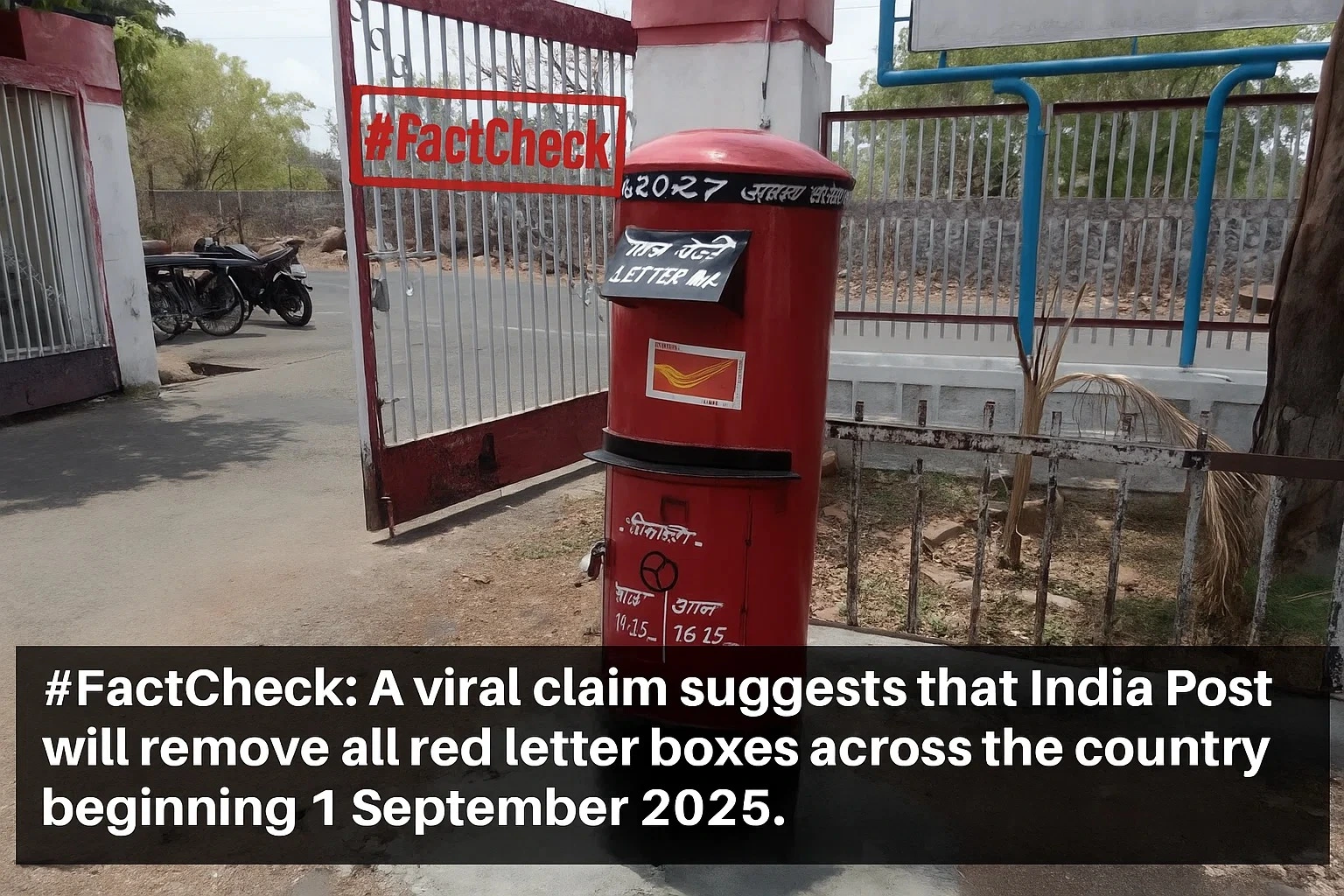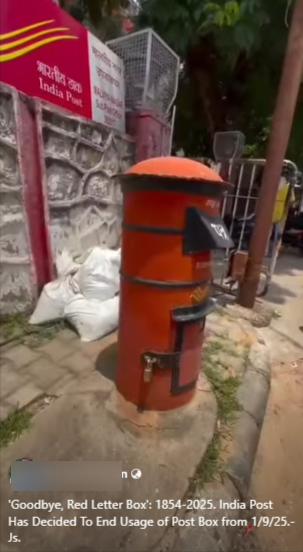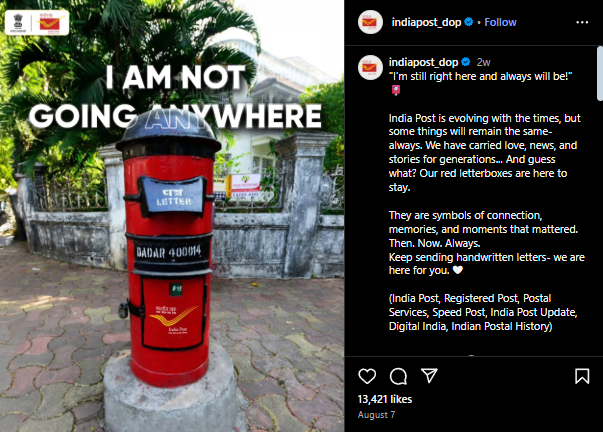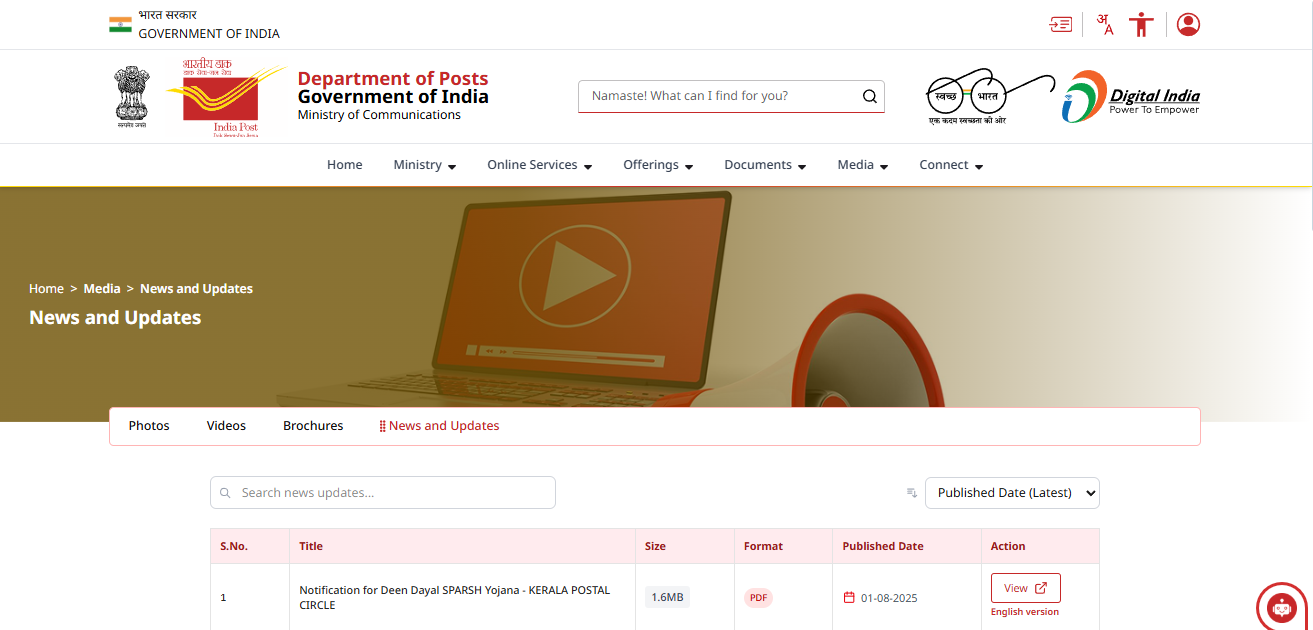#FactCheck: Viral video blast of fuel tank in UAE Al Hariyah Port portray as Russia-Ukraine Conflict
Executive Summary:
A viral video showing flames and thick smoke from large fuel tanks has been shared widely on social media. Many claimed it showed a recent Russian missile attack on a fuel depot in Ukraine. However, our research found that the video is not related to the Russia-Ukraine conflict. It actually shows a fire that happened at Al Hamriyah Port in Sharjah, United Arab Emirates, on May 31, 2025. The confusion was likely caused by a lack of context and misleading captions.

Claim:
The circulating claim suggests that Russia deliberately bombed Ukraine's fuel reserves and the viral video shows evidence of the bombing. The posts claim the fuel depot was destroyed purposefully during military operations, implying an increase in violence. This narrative is intended to generate feelings and reinforce fears related to war.

Fact Check:
After doing a reverse image search of the key frames of the viral video, we found that the video is actually from Al Hamriyah Port, UAE, not from the Russia-Ukraine conflict. During further research we found the same visuals were also published by regional news outlets in the UAE, including Gulf News and Khaleej Times, which reported on a massive fire at Al Hamriyah Port on 31 May 2025.
As per the news report, a fire broke out at a fuel storage facility in Al Hamriyah Port, UAE. Fortunately, no casualties were reported. Fire Management Services responded promptly and successfully brought the situation under control.


Conclusion:
The belief that the viral video is evidence of a Russian strike in Ukraine is misleading and incorrect. The video is actually of a fire at a commercial port in the UAE. When you share misleading footage like that, you distort reality and incite fear based on lies. It is simply a reminder that not all viral media is what it appears to be, and every viewer should take the time to check and verify the content source and context before accepting or reposting. In this instance, the original claim is untrue and misleading.
- Claim: Fresh attack in Ukraine! Russian military strikes again!
- Claimed On: Social Media
- Fact Check: False and Misleading















